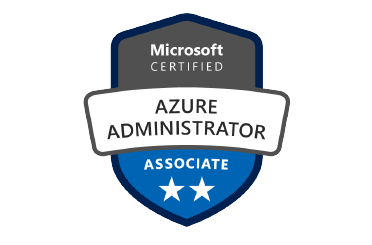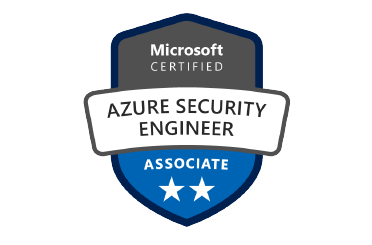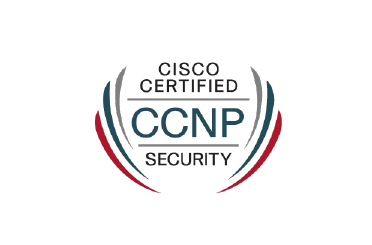RADIUS was developed in the 1990s as a way to centralize the authentication and accounting processes for remote access connections, such as dial-up and virtual private network (VPN) connections. Over time, its use has expanded to various network access scenarios.
Key Features of RADIUS:
- Centralized Management-
RADIUS centralizes the authentication and authorization processes, making it easier to manage user access across a distributed network environment.
- Scalability-
RADIUS allows for the addition of multiple RADIUS clients (network devices) that can connect to a single RADIUS server, making it suitable for large networks with many access points.
- Security-
RADIUS employs various security mechanisms to protect user credentials and communication between RADIUS clients and servers. This includes encryption and hashing of sensitive data.
- Compatibility-
RADIUS is widely supported by network devices, operating systems, and authentication mechanisms, making it a versatile choice for implementing AAA services.
Overall, RADIUS is a crucial component of many network infrastructures, enabling secure and controlled access for users and devices while providing mechanisms for monitoring and managing network usage.















































